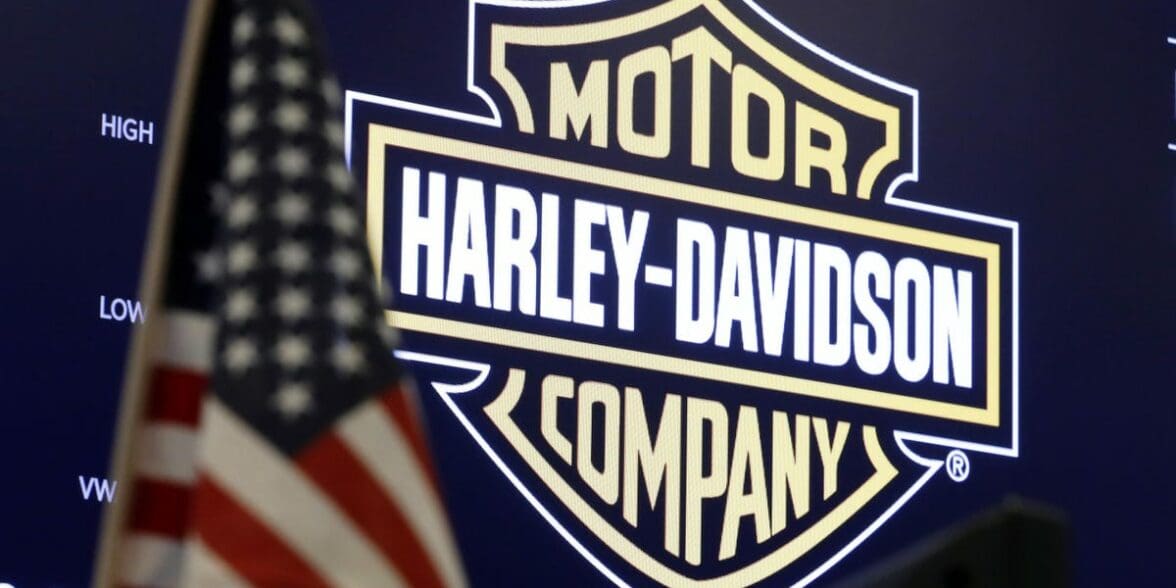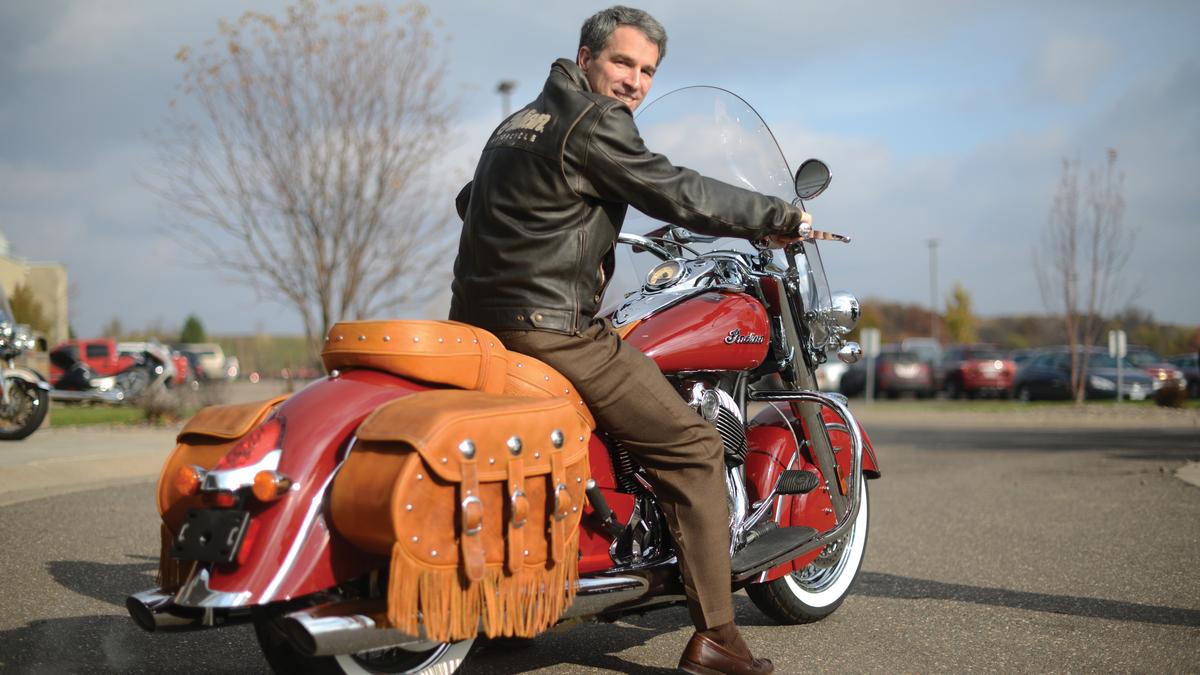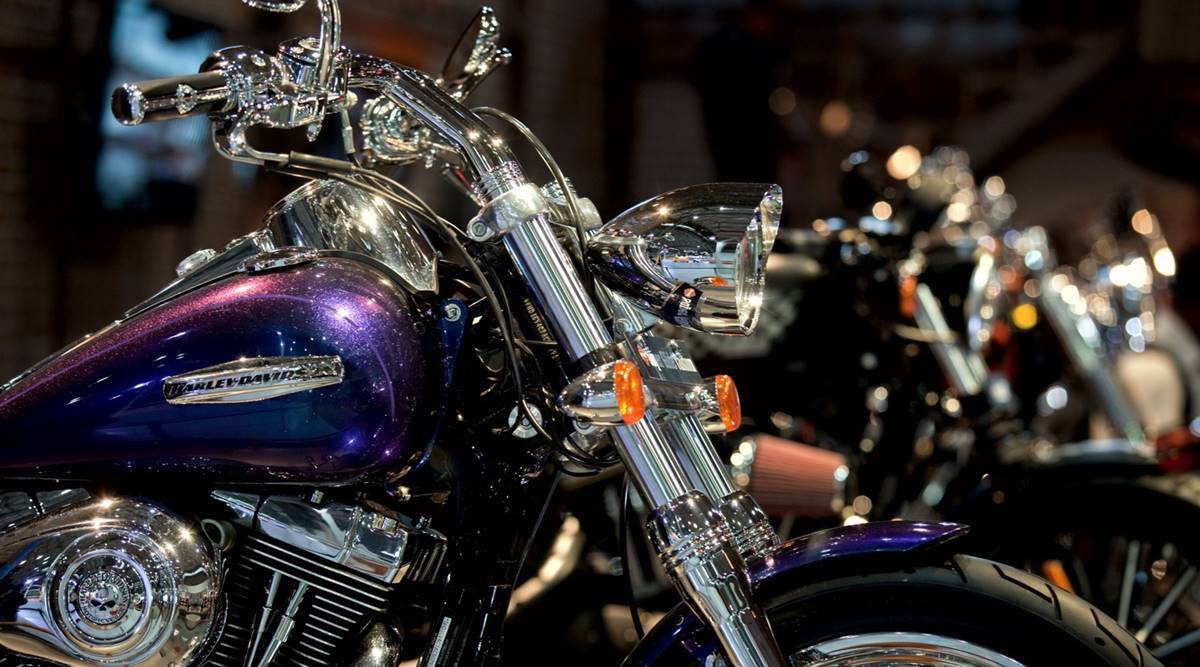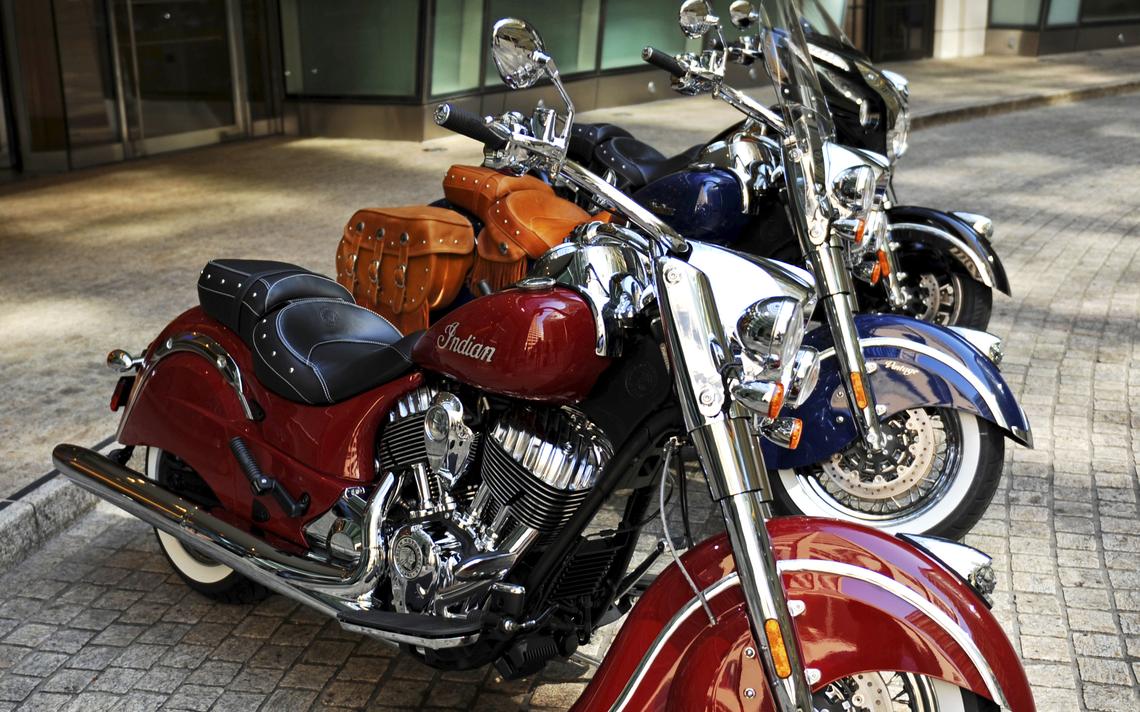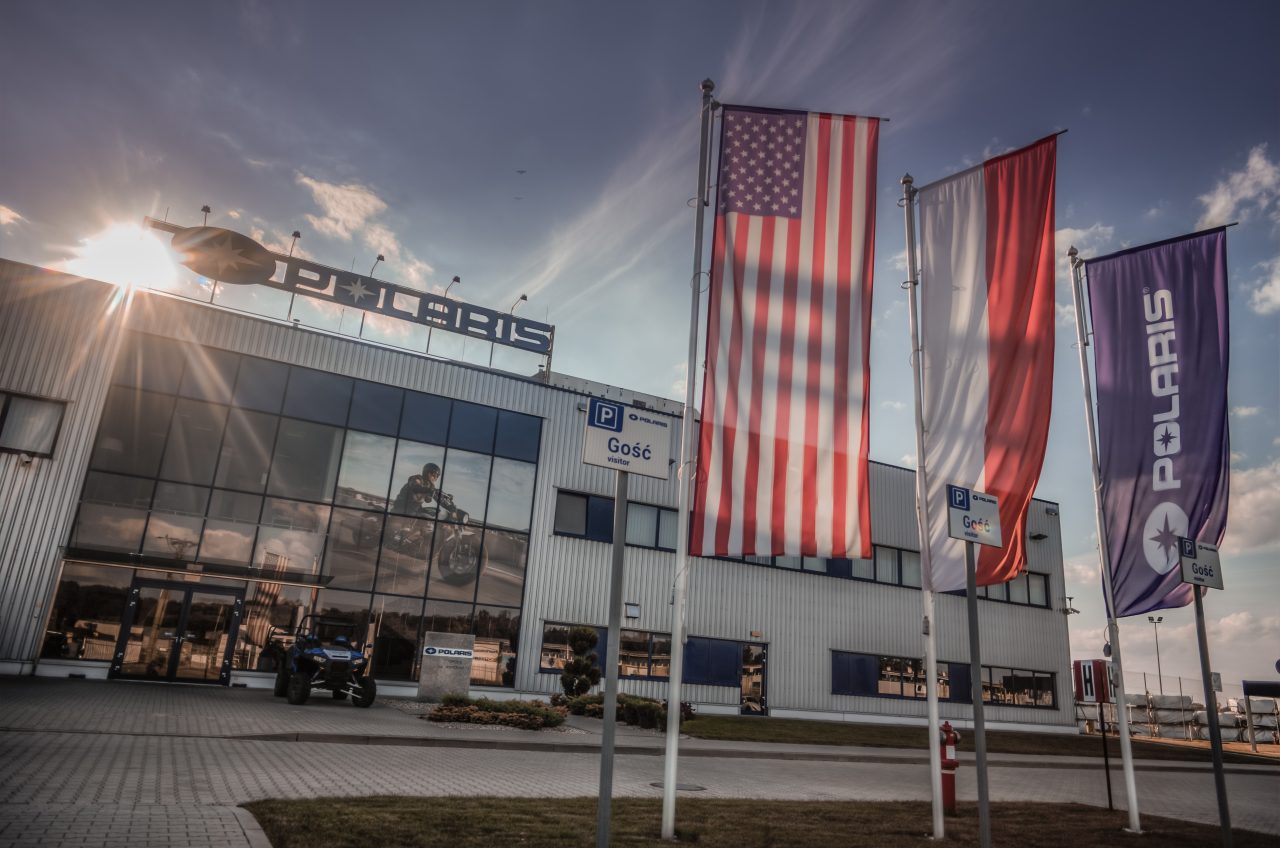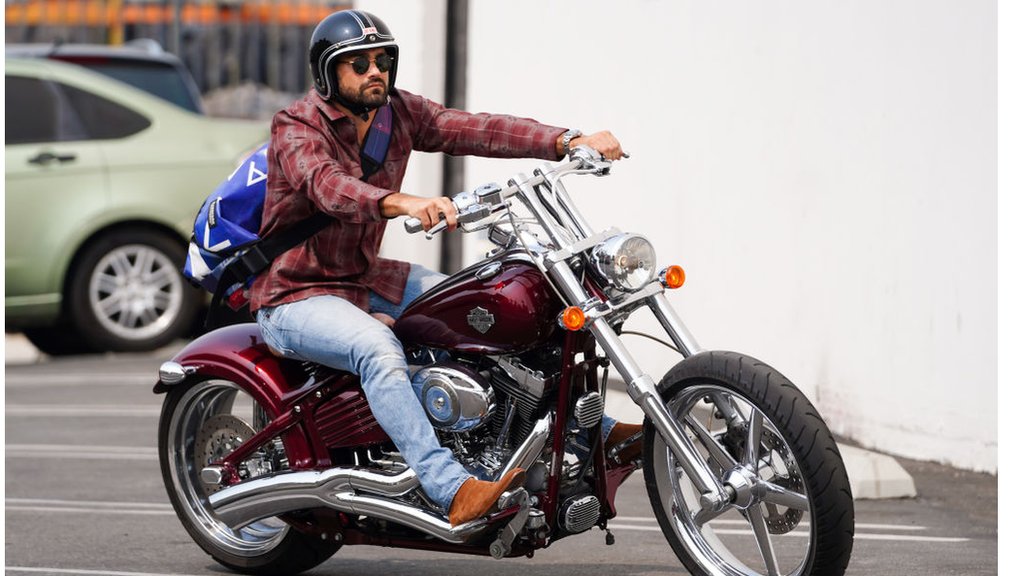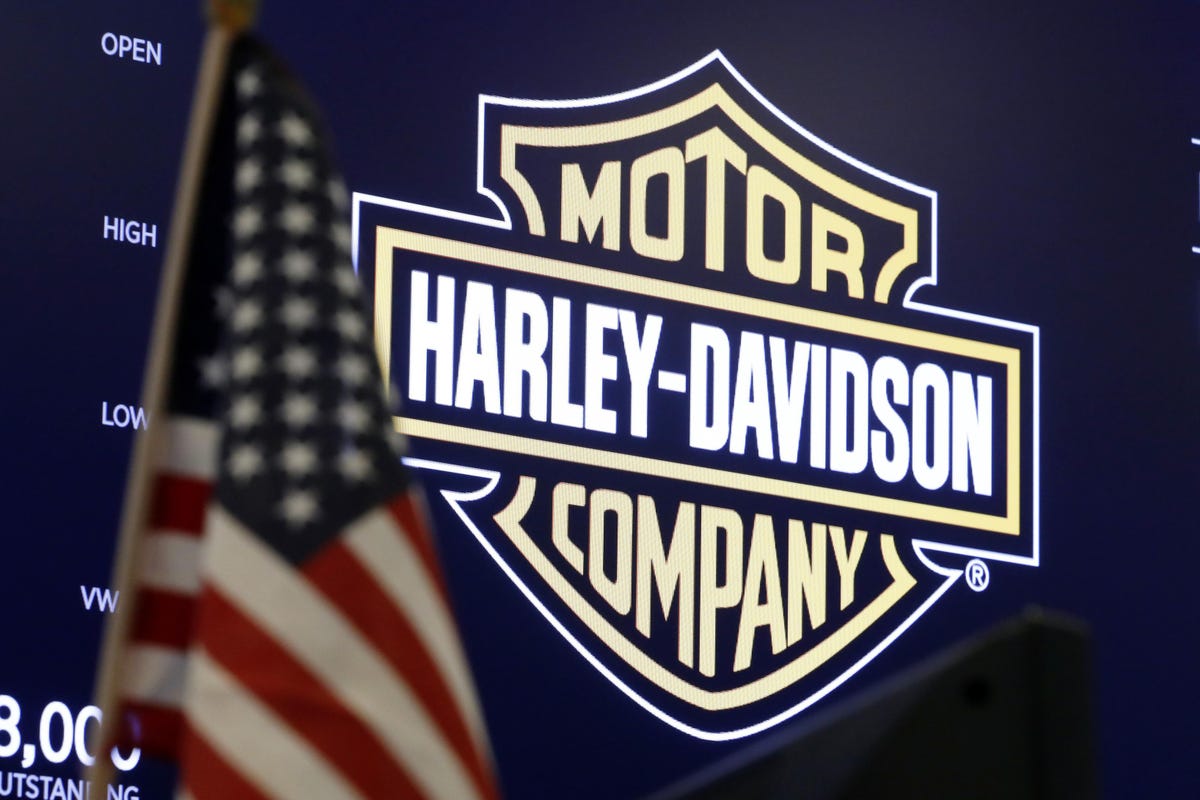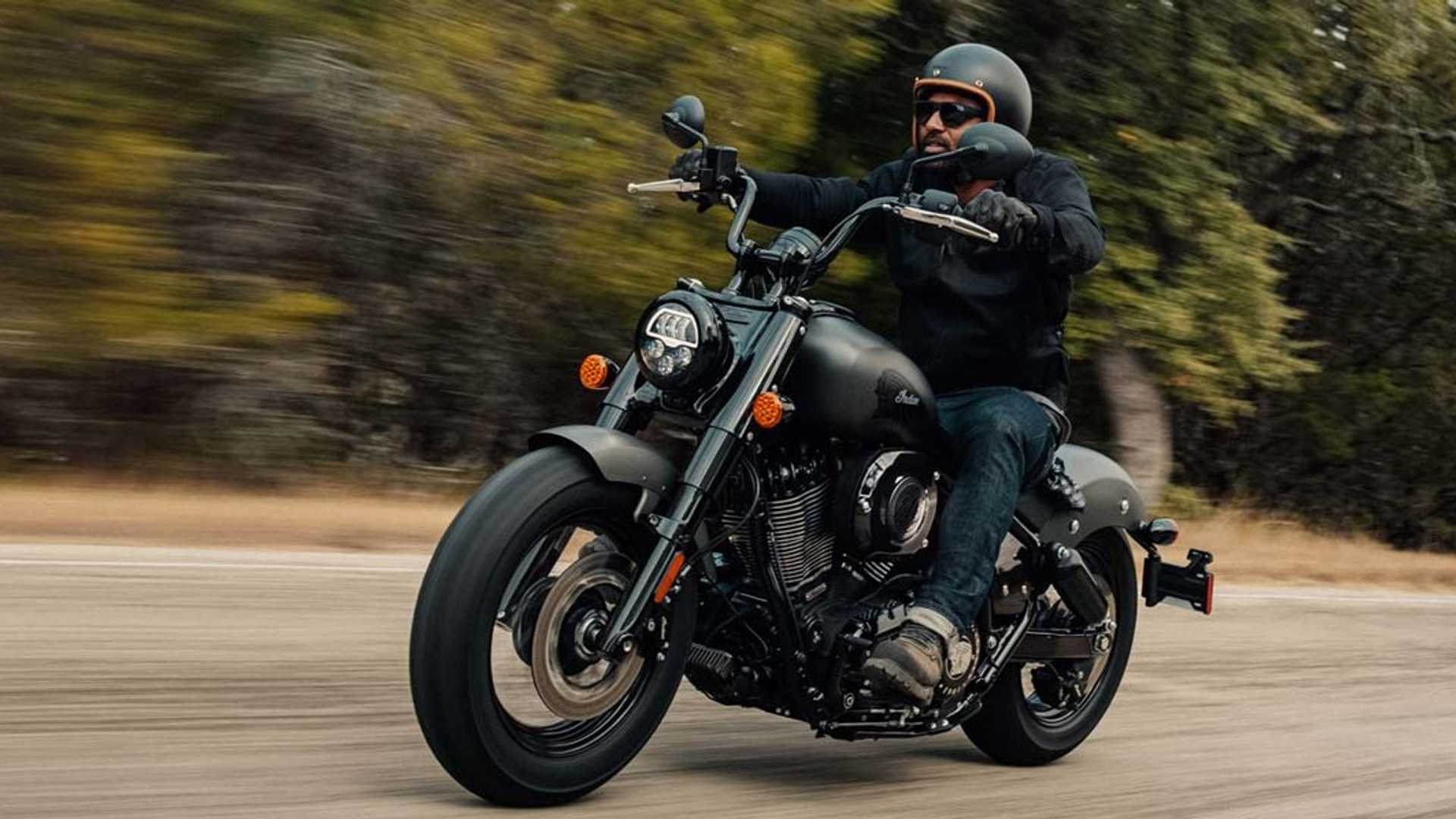Import Tariffs could cause taxes for +800cc bikes to be up by 56% – and while Harley Davidson‘s found themselves in a pickle, Indian Motorcycles is cool as a cucumber.
Let’s talk about it.
It’s no surprise to any of us that H-D has a few short-term decisions to sort out. After all, the drama surrounding their avoidance of the EU import tariff by attempting to open shop in Thailand caused a wee bit of a hullabaloo – and after April’s news that the UK would tax all 800cc+ bikes by 56%, H-D’s likely considered the EU and US’s temporary halt/truce a blessing.
“It is absolutely clear that relocating production in order to avoid punitive tariffs is not acceptable,” states E.U. Parliament Trade Committee Chairman Bernd Lange.
“Such attempts are also clearly illegal under European law (Customs Code, Article 59, and Implementation Act of 2015, Article 33), and Harley-Davidson has quite openly described the (Thailand) relocation as a means ‘to avoid the tariff burden’ in official reports.”
Amidst all this chaos, a clever article from RideApart has found Indian Motorcycles’s uncanny silence fascinating.
After all, Indian operates similar circles – they are an American motorcycle manufacturer, and they have an EU audience for their bikes – so why aren’t they worried about the incoming danger of sky-high taxes on their Scouts or FTRs?
“Unlike the Motor Company, Indian’s parent company Polaris operates a factory in Opole, Poland,” muses the report.
“The plant primarily produces ATVs for the European market but it has also manufactured the Scout and FTR models since 2020. As such, the bikes enter the country as ‘completely knocked down’ parts kits with final assembly taking place in Poland. Since there’s added value (jobs) created for the E.U. by the practice, Indian Motorcycles circumvents the import duties.”
Clever.
Meanwhile, H-D’s stuck in the proverbial chair in the corner because of Thailand; a move that may have avoided fees for a period of time, but didn’t, ultimately, serve the EU – hence the reason why the EU’s government revoked the Harley’s Binding Origin Information (BOI) status and slapped higher taxes on them earlier this year.
The report goes on to comment a surprising set of figures; Harley-Davidson’s data shows the brand has lost around $120M due to taxes from 2019 and 2020.
Combine that with December’s deadline decision for steel and aluminum prices between EU and US, and it’s possible further tax demands could choke H-D out of the European market altogether – a heartbreaking concept, since there’s big money to be had in such a saturated economy. Bennetts still ranks Harley-Davidson motorcycles as “the most desirable and best-selling cruisers of all.”
“So far, Harley has not passed these tariffs on to buyers, but that will not work in the long term,” warned H-D Factory Group Managing Director Matthias Meier.
“We are trying to defuse existing conflicts with the new American government,” added Lange on the Thailand relocation fiasco. “I am optimistic that we can find a solution.”
With less than six weeks until the EU and US governments reach the cutoff date for the new steel and aluminum trade agreement, Harley Davidson is running out of time – and should the two parties fail to find common ground, the American manufacturer will be absorbing a boatload of bills on their biggest bikes.
We will keep our ear low to the ground for you on any evolving stories connected to this one; in the meantime, be sure to check out what Europe’s up to for Emissions Regulations, and as always – stay safe on the twisties.


